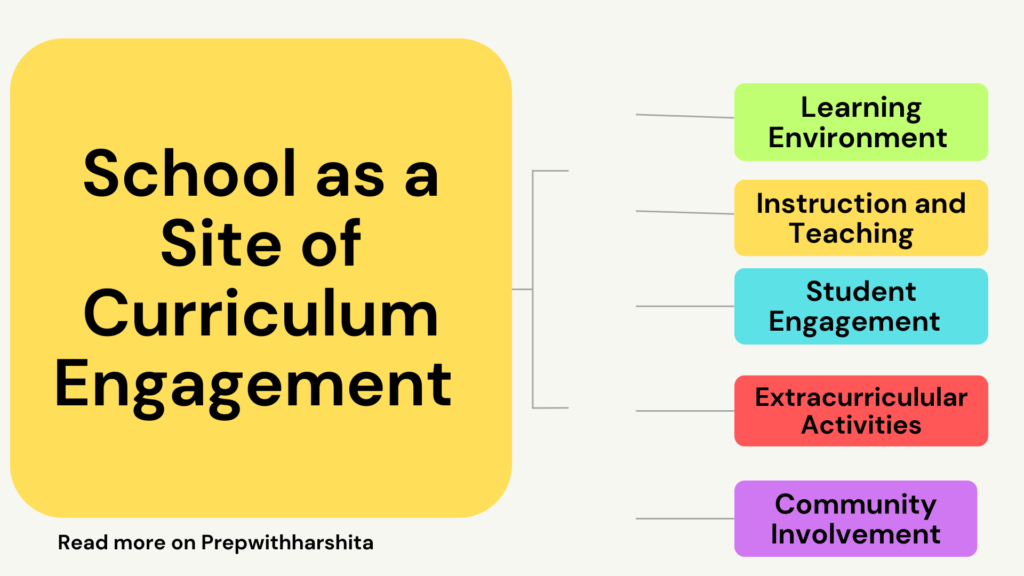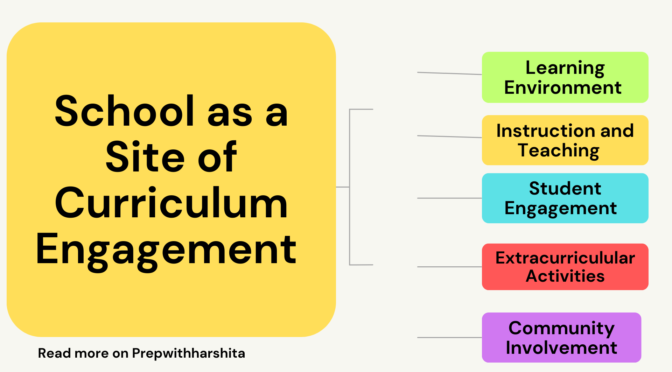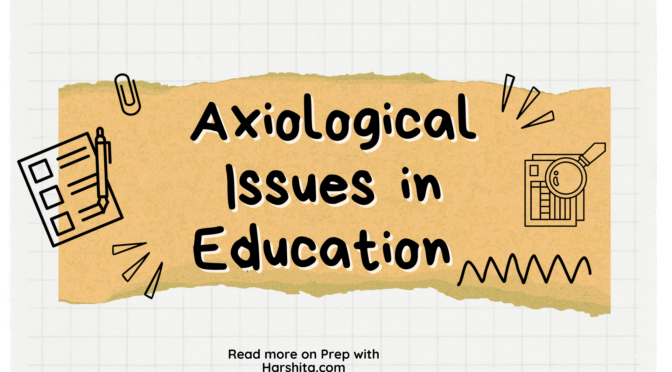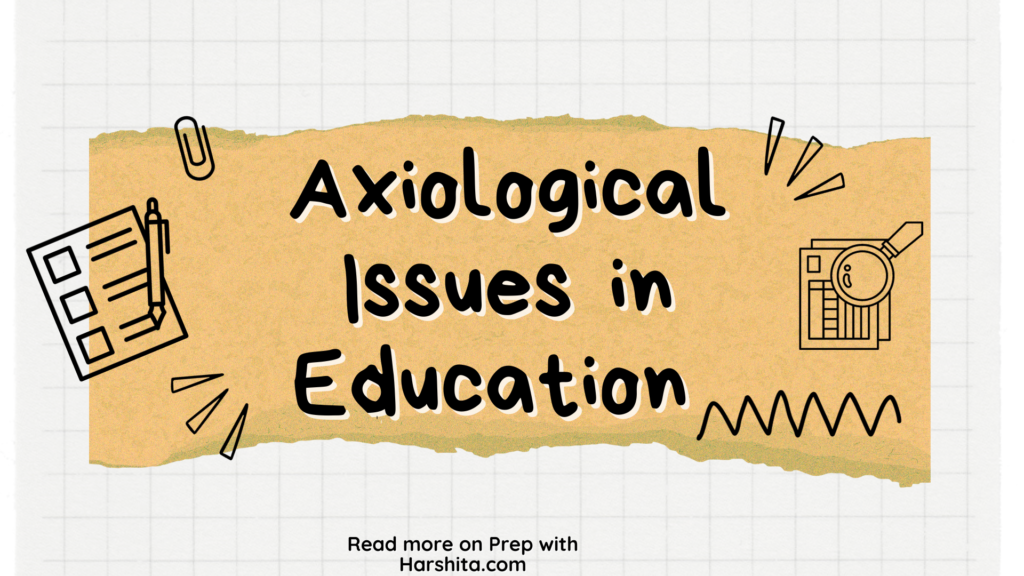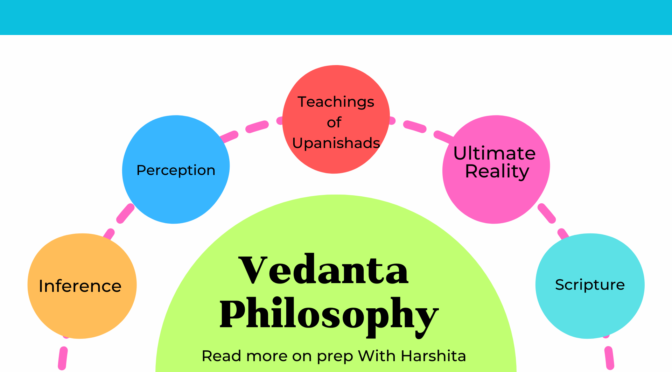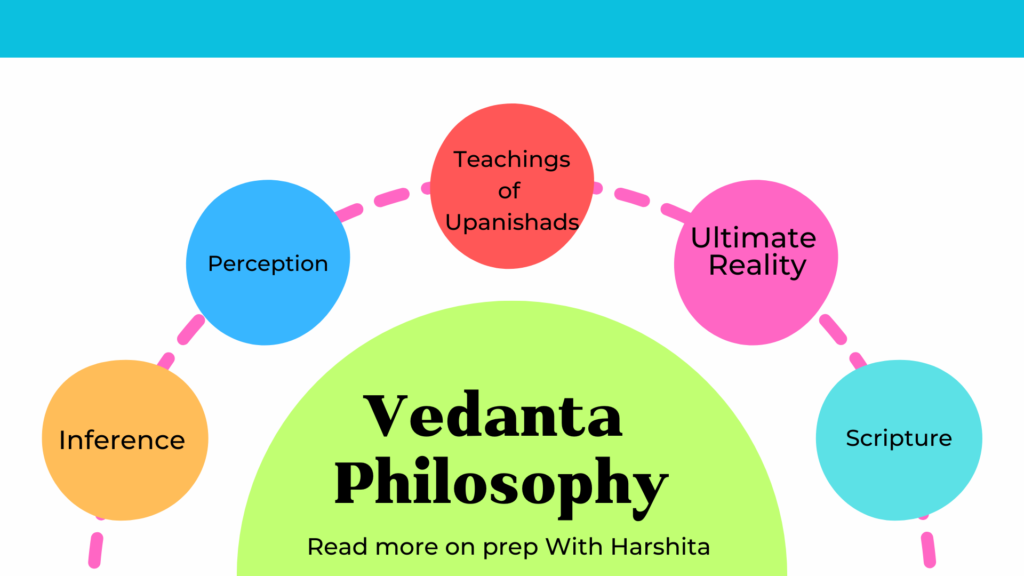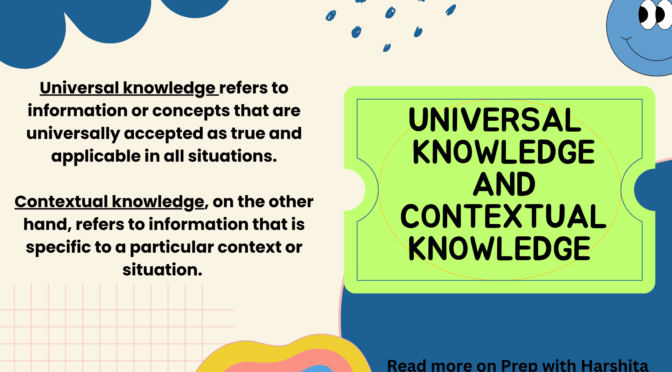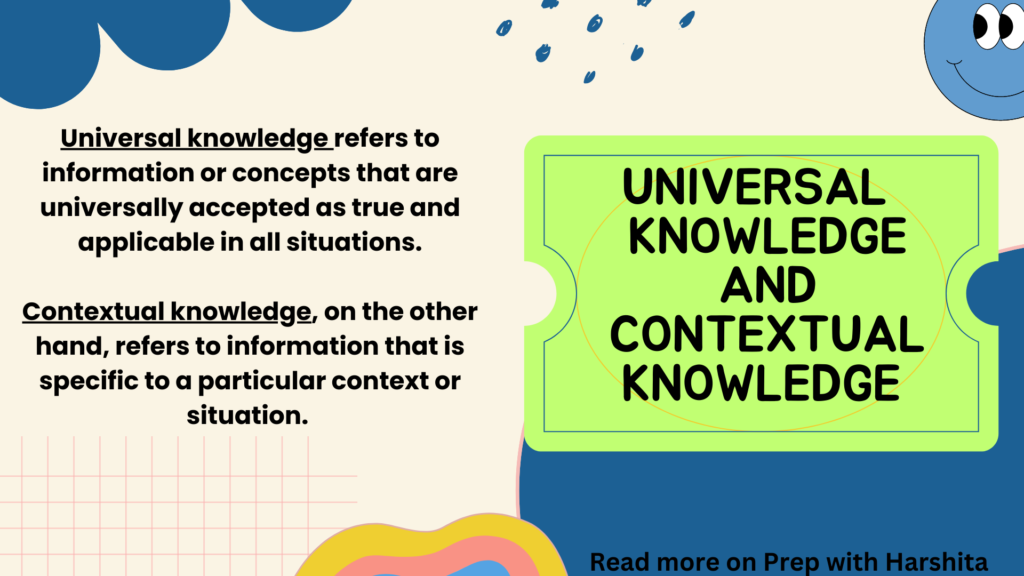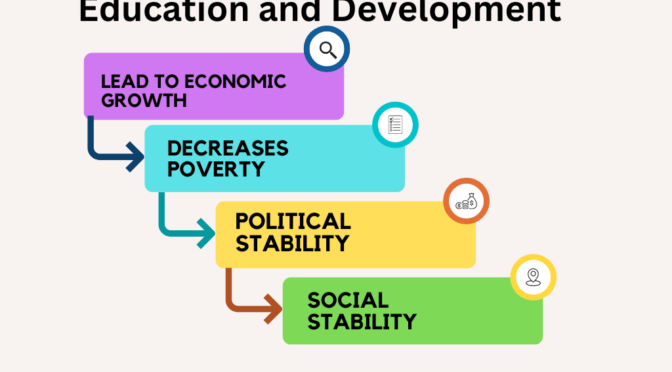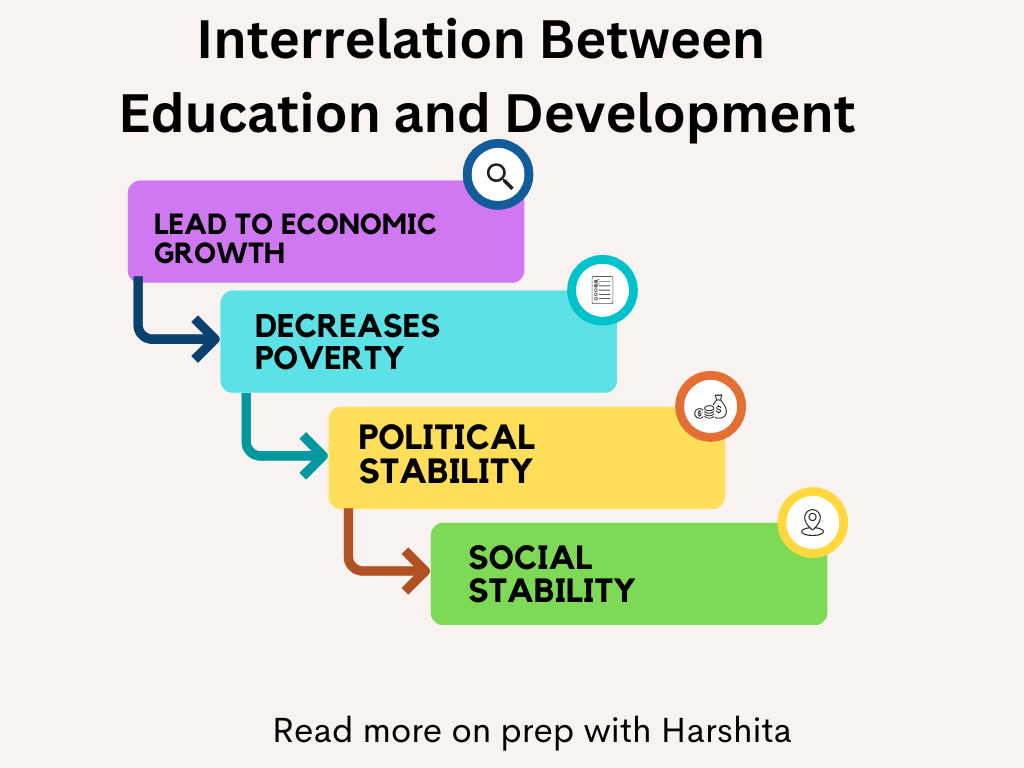The school serves as a primary site of curricular engagement, where curriculum and learning experiences are designed, delivered, and experienced by students. This concept emphasizes the central role of schools in shaping students’ educational journeys.
Let’s see how schools function as sites of curricular engagement:
- Curriculum Development and Planning: Schools are responsible for developing and planning the curriculum, which includes the selection of subjects, topics, and learning objectives. Curriculum development often involves collaboration among educators, administrators, and curriculum specialists to create a coherent and meaningful educational program.
- Instruction and Teaching: Within the school, teachers are at the forefront of curricular engagement. They facilitate learning by delivering lessons, conducting activities, and providing guidance to students. Effective teaching practices are essential to ensure that students engage with the curriculum in a meaningful way.
- Learning Environment: The physical and social environment of the school plays a crucial role in curricular engagement. A positive and conducive learning environment can enhance students’ motivation and willingness to engage with the curriculum. Factors such as classroom design, resources, and school culture all contribute to this environment.
- Assessment and Evaluation: Schools are responsible for assessing and evaluating students’ progress in the curriculum. This includes the use of various assessment methods such as tests, projects, and performance evaluations. Assessment results help educators make informed decisions about instruction and student support.
- Student Engagement: Curricular engagement is not limited to what is taught but also how students respond to and interact with the curriculum. Schools should strive to promote active and meaningful engagement by students, encouraging questions, critical thinking, and creative problem-solving.
- Differentiated Instruction: Recognizing that students have diverse learning needs and abilities, schools may implement differentiated instruction strategies. This involves tailoring teaching methods and materials to accommodate varying learning styles, interests, and abilities.
- Extracurricular Activities: Schools often offer extracurricular activities such as clubs, sports, and arts programs. These activities provide additional opportunities for students to engage with various aspects of the curriculum outside of the classroom and develop important skills and interests.
- Community Involvement: Schools can engage with the local community to enrich the curriculum. Guest speakers, field trips, partnerships with local organizations, and community service projects can all enhance the educational experience and connect learning to real-world contexts.
- Professional Development: Educators in schools engage in continuous professional development to stay updated on best practices in curriculum design and teaching methods. This ongoing learning ensures that teachers are equipped to provide high-quality curricular experiences for students.
- Curricular Adaptation: Schools may need to adapt their curriculum to meet changing educational needs, technological advancements, and societal shifts. This flexibility allows schools to remain relevant and responsive to evolving educational goals.
- Parent and Guardian Involvement: Engaging parents and guardians in their child’s education is crucial. Schools often facilitate communication and involvement through parent-teacher conferences, newsletters, and other forms of outreach.
Also Read: Vertical Mobility of a School Teacher
